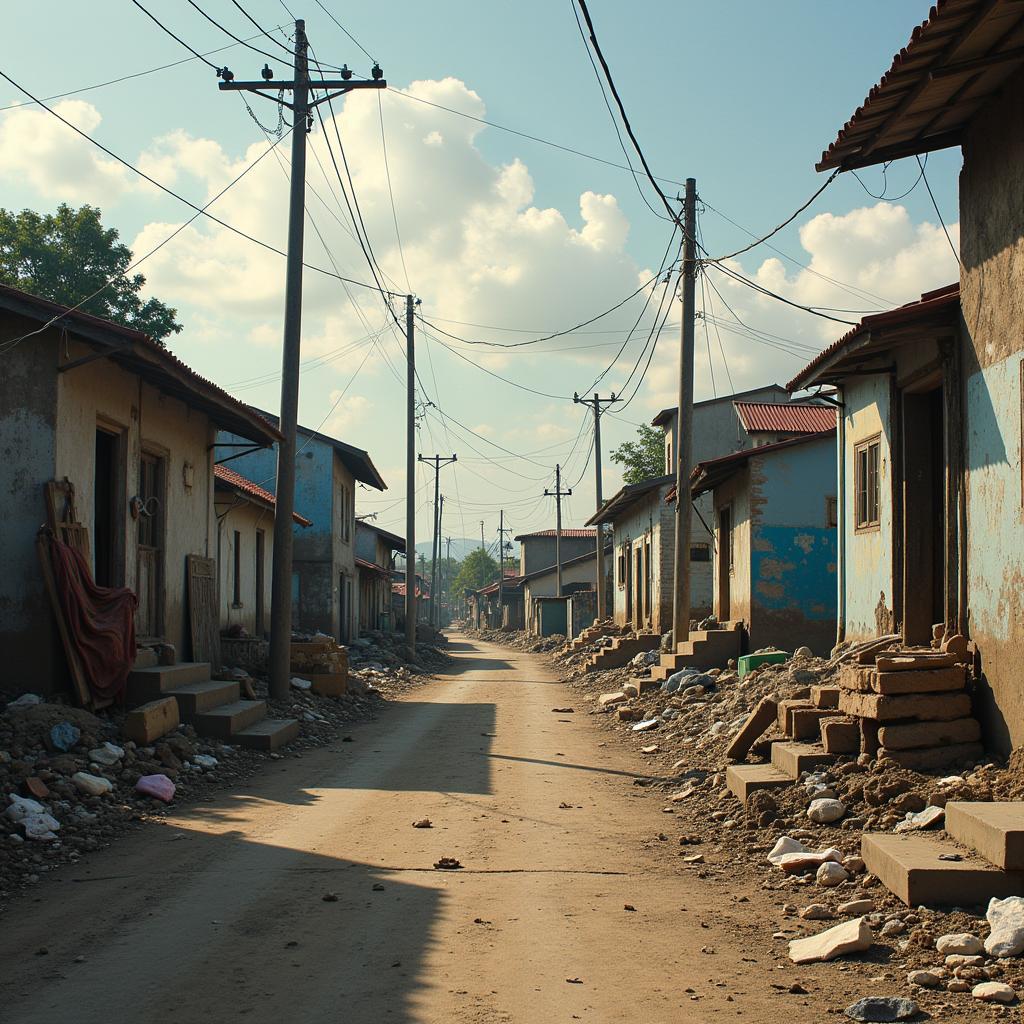Erich Goode’s “Drugs in American Society” provides a comprehensive sociological perspective on drug use in the US. This seminal work explores the complex interplay of social, cultural, and political factors shaping drug consumption, policy, and perception. It examines how societal norms, individual choices, and power dynamics influence drug use patterns and the consequences that follow.
Understanding Drug Use Through a Sociological Lens
Goode’s work challenges simplistic explanations of drug use, moving beyond individual pathology and focusing on the broader societal context. He argues that drug use is a social phenomenon, embedded within cultural values, economic structures, and historical narratives.
The Social Construction of Drug Use
“Drugs in American Society” emphasizes the social construction of drug use, highlighting how societal perceptions and definitions of drugs, rather than their inherent properties, determine their legal and social status. This perspective underscores how cultural beliefs, media portrayals, and political agendas shape public discourse surrounding drug use and influence policy decisions. For example, the differing legal and social responses to alcohol and marijuana, despite their comparable potential harms, illustrate the power of social construction in shaping drug policy.
What factors contribute to the social construction of drug use? Goode argues that moral entrepreneurs, interest groups, and the media play key roles in framing drug narratives and shaping public opinion. These narratives often oversimplify complex issues, leading to stigmatization and ineffective policies.
Drug Use and Social Control
Goode examines how drug use intersects with social control mechanisms. He analyzes how laws, law enforcement practices, and social stigma contribute to the criminalization and marginalization of drug users. This perspective challenges the efficacy of punitive approaches and advocates for harm reduction strategies that prioritize public health and social well-being.
The War on Drugs and its Consequences
Goode critiques the “War on Drugs,” arguing that its focus on criminalization has exacerbated social inequalities and failed to address the root causes of drug use. He explores the devastating impact of mass incarceration, racial disparities in drug arrests, and the negative consequences of stigmatizing drug users. He advocates for a shift away from punitive measures toward evidence-based approaches that emphasize prevention, treatment, and harm reduction. What are the alternatives to the War on Drugs? Goode suggests focusing on public health initiatives, community-based treatment programs, and decriminalization strategies.
Drug Use, Deviance, and Social Inequality
Goode’s analysis delves into the relationship between drug use, deviance, and social inequality. He demonstrates how drug use is often associated with marginalized communities and explores how poverty, lack of opportunity, and social exclusion can contribute to increased drug use. This perspective emphasizes the need for social justice initiatives that address the underlying causes of drug use and promote social equity.  The link between drug use, social inequality, and marginalized communities
The link between drug use, social inequality, and marginalized communities
The Impact of Stigma on Drug Users
Goode highlights the detrimental effects of stigma on individuals struggling with drug addiction. He argues that stigma creates barriers to accessing treatment, reinforces negative self-perceptions, and perpetuates cycles of marginalization. He advocates for a compassionate approach that reduces stigma and promotes understanding and support for individuals seeking recovery. How can we reduce stigma surrounding drug use? Goode emphasizes the importance of education, open dialogue, and promoting empathy and understanding.
Conclusion
Erich Goode’s “Drugs in American Society” remains a crucial text for understanding the complexities of drug use. His sociological perspective sheds light on the social, cultural, and political factors shaping drug consumption, policy, and perception. By emphasizing the social construction of drug use, the role of social control, and the link between drug use and social inequality, Goode challenges conventional wisdom and advocates for more humane and effective drug policies. His work encourages us to move beyond simplistic explanations and embrace a nuanced understanding of drug use in the context of American society.
FAQ
- What is the main argument of “Drugs in American Society”?
- How does Goode’s work challenge traditional views on drug use?
- What is the social construction of drug use?
- What are the consequences of the War on Drugs according to Goode?
- How does Goode connect drug use to social inequality?
Common Scenarios
- A student researching the sociological perspectives on drug use.
- A policymaker seeking to understand the impact of drug laws.
- A community member looking for resources on drug addiction and treatment.
Related Resources
- Other articles on drug policy and harm reduction
- Links to organizations providing support for drug users and their families
Need Help?
Contact us 24/7: Phone: 02043854663, Email: [email protected], or visit us at Khu 34, Bac Giang, 260000, Vietnam.